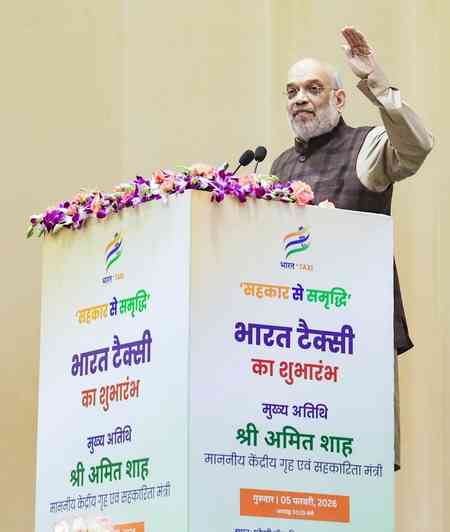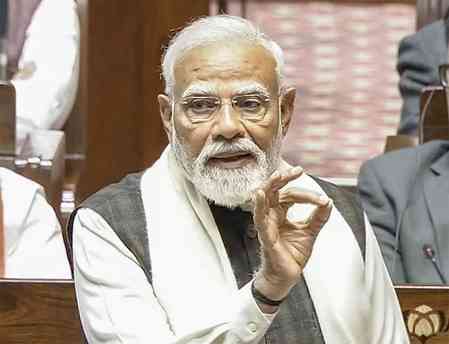Godrej Director shoots off open letter to Indonesia on oil palm
Days after Indonesia lifted the export ban on palm oil, Godrej International Ltd Dorab Mistry on Thursday shot off an open letter to the government of the southeast Asian country - the largest palm oil exporter - warning it of its palm oil industry "grinding to a halt" if unrestricted exports do not start before the end of May.

New Delhi, May 26 (IANS) Days after Indonesia lifted the export ban on palm oil, Godrej International Ltd Dorab Mistry on Thursday shot off an open letter to the government of the southeast Asian country - the largest palm oil exporter - warning it of its palm oil industry "grinding to a halt" if unrestricted exports do not start before the end of May.
From April 28, after Indonesia had announced a total ban on export of its palm oil, prices had skyrocketed globally and, in turn, affected domestic oil prices. However, Indonesia had withdrawn the ban earlier this week and agreed to resume shipments soon.
Mistry started with saying how he "admired and praised the manner in which the Government of Indonesia has nurtured and developed her Oil Palm industry, thus lifting millions of her citizens out of poverty and on to economic betterment" and reminded how friends in Indonesia may recall that Indonesia's landmark palm bio-diesel mandatory was originally a suggestion from him, warmly received and endorsed by GAPKI, the Indonesian Palm Oil Association.
Then, stating that India understood that there were some compelling domestic reasons and now, however, these matters have been addressed, he said: "There is an urgent need for Indonesia to allow an immediate resumption of export shipments."
"Indonesia is heading to a calamitous situation as the palm exports are still not fully operational despite His Excellency President Jokowi announcing that they will be released as of May 23. We estimate stocks have already reached historical highs surpassing 7 million metric tonnes.
"If unrestricted exports do not start before the end of May, we foresee a situation where all storage tanks will be full and the industry will grind to a halt. The loser in all this will be the poor Indonesian farmer," he said.
"The Indonesian farmer was already facing punitive levies and taxes of $575/mt compared to their Malaysian brothers who pay $125/mt. But now they face the incredible situation of not being able to harvest their fruit and instead will be forced to watch it rot on the trees. I think it's already inevitable that some farmers will face this situation in early June even if exports start immediately."
Stating how the problem of the extended export ban is exacerbated by the fact that all the signs suggest Indonesia is now entering a boom cycle for production following an extended period of almost perfect rainfall, Mistry's letter said: "The export ban has also forced other countries to look at their reliance on Indonesian palm and find ways of making soft oils available at a cheaper price.
"India has removed the cess on soft oils for domestic refiners such that palm oil is now more expensive than soybean oil in both China and India, thereby hurting demand for palm oil."
The only way for the Indonesian government to avoid a complete economic disaster for its farmers is to have an immediate unrestricted export policy. "Unfortunately this does not seem to be the avenue the government is taking," he said and made an earnest appeal: "Bring out a simple decree allowing immediate resumption of shipments of all previously banned fractions of palm oil."



 IANS
IANS 










